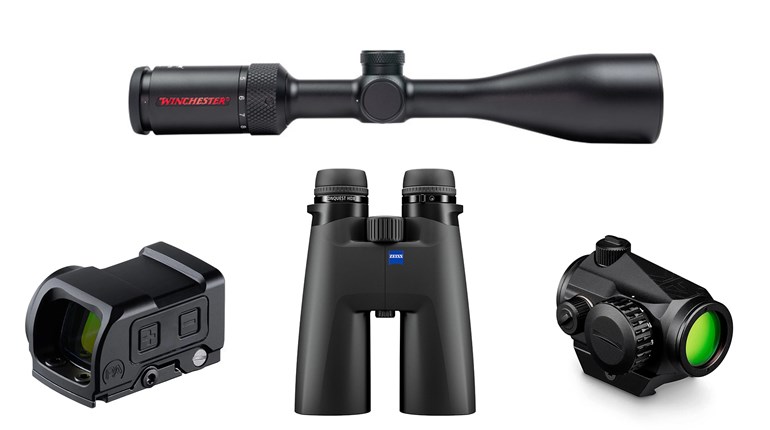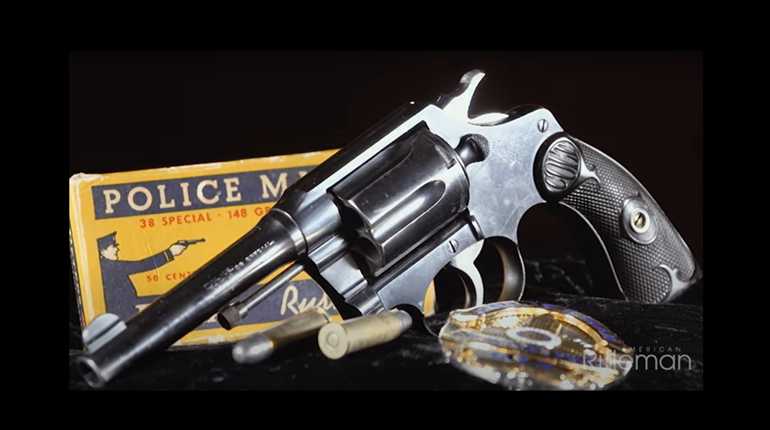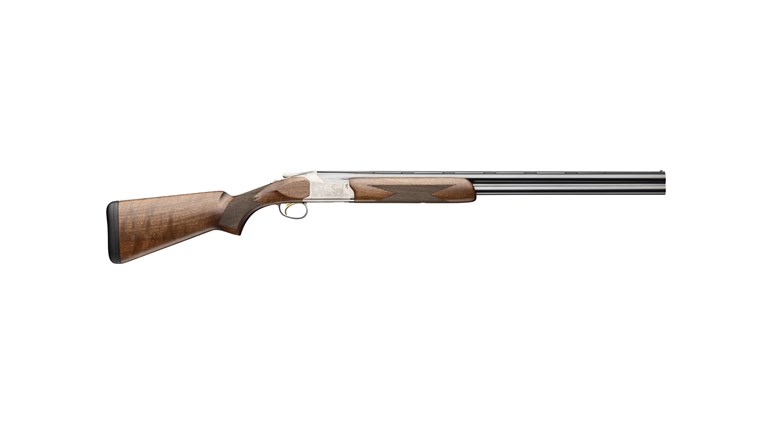
Traveling with firearms can be a complex and sensitive matter, especially when it comes to air travel. Strict regulations are in place to ensure the safety of passengers and crew, and to prevent unauthorized access to firearms. Whether you're a hunter, a competitive shooter or someone relocating with personal firearms, it is crucial to understand the proper procedures for flying with guns and ammunition. Read on as we provide an overview of what to expect and how to handle a variety of scenarios to help you navigate the process safely and legally.
Familiarize Yourself with Airline Policies
Every airline has its own set of rules and procedures regarding the transportation of firearms and ammunition. Before booking your flight, check the airline's website or contact their customer service department to obtain the latest information regarding their specific requirements. Some airlines may have restrictions on the type and quantity of firearms and ammunition you can bring, as well as specific packaging and declaration procedures. Pay special attention to your travel plans if they contain multiple airlines, and be sure to check with each one regarding its policies and operating procedures.
Comply with Federal and Local Laws
In addition to airline policies, it is essential to comply with federal and local laws regarding firearms and ammunition. The Transportation Security Administration (TSA) and the Federal Aviation Administration (FAA) have specific regulations governing the transport of firearms and ammunition on commercial flights within the United States. If you are traveling internationally, you will also need to be aware of the firearms laws in the countries you are visiting. Some countries have strict regulations or outright bans on the importation of firearms and ammunition, so it is of utmost importance that you research all aspects of your itinerary to ensure you comply with local laws and regulations.
Secure Your Firearms and Ammunition Properly
When traveling with firearms, it's vital to ensure that they are securely stored and inaccessible during the flight. Firearms must be unloaded and placed in a locked hard-sided container. The container must be sturdy and capable of preventing access to the firearm's contents. Additionally, the container should be securely locked with a key or combination lock, and only you should have the key or combination.
Ammunition must also be securely packaged in its original packaging, or in a suitable container designed to prevent accidental ignition. The ammunition should be packed in a way that prevents it from moving around or coming into contact with the firearm during transport.
While there are many examples of airline-friendly gun cases, one example of a case designed specifically for flying is the Pelican 1750 Long Case. The Pelican 1750 is a heavy-duty, waterproof case that also includes a built-in pressure equalization valve to balance internal pressure changes during flight. Inside, customizable foam inserts allow you to securely place and organize your firearms and accessories. With its sturdy construction, trusty locking capabilities and airline-approved design, the Pelican 1750 Long Case offers peace of mind for travelers transporting firearms by air.
Declare Your Firearms and Ammunition
Upon arriving at the airport, it is required that you declare your firearms and ammunition to the airline and the TSA. You will be required to complete a Firearms Declaration Form, which will be provided by the airline or TSA staff. The form will ask for information about the firearms and ammunition you are transporting, including the make, model, caliber and quantity. After completing the declaration form, a representative from the airline or the TSA will inspect your firearms and verify that they are securely stored and in compliance with their particular rules and regulations. Once your gear has been inspected and approved, it will be placed in the aircraft's cargo hold for transport.
Be Prepared for Additional Screening
Traveling with this special type of cargo may subject you to additional security screening. TSA agents may conduct a thorough inspection of your firearms and ammunition, as well as your checked luggage. It is expected that you will fully cooperate with TSA agents and follow their instructions to ensure a smooth and hassle-free screening process.
It is suggested that travelers with firearms arrive early at the airport to allow additional time for this process to be completed. Delays can and do occur during the inspection and verification process, so it's better to be prepared and allow ample time to avoid missing your flight.
While traveling by air with guns and ammunition requires careful planning, preparation and compliance with an array of rules and regulations, proper work on your end before the day of travel will go a long way to ensure a smooth and hassle-free process. By familiarizing yourself with airline policies, federal and local laws, and proper storage and declaration procedures, you can ensure a safe travel experience void of legal issues.







































